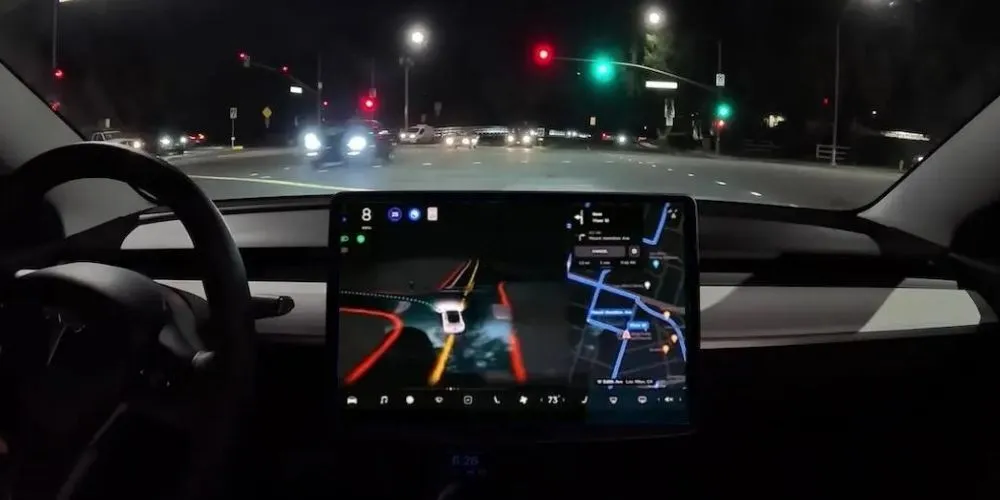Key Points
- NHTSA opened a probe into Tesla’s Full Self-Driving (FSD) system’s safety following a fatal pedestrian accident in low visibility conditions.
- The investigation will assess how well FSD detects and responds to poor visibility situations and examine Tesla’s software updates for safety improvements.
- The probe involves around 2.4 million Tesla vehicles, including Model S, X, 3, Y, and Cybertruck models produced between 2016 and 2024.
- As of October 2024, NHTSA had tracked 1,399 Tesla driver assistance-related crashes, 31 of which resulted in fatalities.
The National Highway Traffic Safety Administration (NHTSA) has launched a new investigation into Tesla’s “Full Self-Driving” (FSD) system to evaluate its safety during poor visibility conditions, such as fog and glaring sunlight. The probe was initiated after a Tesla driver using the FSD system struck and killed a pedestrian, raising concerns about the system’s performance in reduced roadway visibility.
The investigation will focus on the engineering controls within the FSD system to determine how effectively it detects and responds to limited visibility conditions. The NHTSA also aims to identify whether similar crashes have occurred under similar circumstances and what factors may have contributed to those incidents. Additionally, the investigation will assess Tesla’s over-the-air software updates, marketed as “Full Self-Driving (Supervised),” to evaluate their timing, purpose, and impact on vehicle safety.
The NHTSA’s “preliminary evaluation” covers approximately 2.4 million Tesla vehicles, including Model S and X (2016–2024), Model 3 (2017–2024), Model Y (2020–2024), and the Cybertruck (2023–2024). These vehicles have the option to use Tesla’s FSD system, a paid premium feature that has also been offered to U.S. drivers as a free trial for one month.
FSD is a driver assistance system, often called partial driving automation, requiring driver supervision. Despite its name, it is not a fully autonomous system. The NHTSA tracks incidents involving advanced driver assistance systems like FSD and Autopilot. As of October 1, 2024, the agency recorded 1,399 incidents involving Tesla’s systems, with 31 resulting in fatalities.
Tesla has not yet commented on the investigation, but the company has been promoting its FSD technology. During a recent marketing event, CEO Elon Musk stated that Tesla expects to roll out “unsupervised FSD” in Texas and California in 2025, starting with Model 3 and Model Y vehicles. However, despite years of promises, Tesla has not yet produced a fully driverless vehicle that can safely operate on public roads without a human driver ready to take control.





